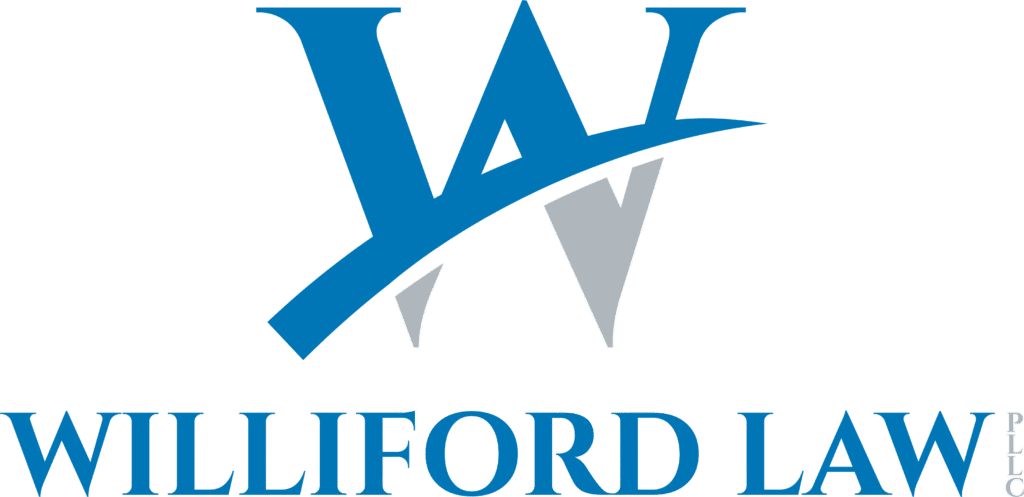Williford Law | Standing Up to Deceptive Businesses and Holding Fraudulent Companies Accountable
If You Were Misled, Overcharged, or Deceived — We Help You Fight Back
Companies have a legal and moral obligation to be honest with consumers. When they violate that trust—whether by false advertising, hidden charges, or misrepresented products—they can and should be held accountable.
At Williford Law, we represent individuals, families, and small businesses across Texas who were misled by fraudulent marketing, unfair pricing schemes, deceptive billing practices, or fake product claims. If a company puts profits over honesty, we will pursue justice and full financial recovery.
What Is Consumer Fraud?
Consumer fraud occurs when a business uses lies, omissions, or manipulative tactics to trick someone into paying for a product or service.
Fraud can occur at any point in a transaction, such as:
- Before — misleading advertising or bait-and-switch offers
- During — hidden fees, false warranties, upsells based on fear
- After—subscription traps, billing for canceled services, refusal to honor returns or repairs
Whether it’s a big-box retailer, a credit company, or a tech subscription, you have rights—and we can enforce them.
Common Examples of Consumer Fraud
| Fraud Type | Example |
| False advertising | “Clinically proven” claims with no data; fake celebrity endorsements |
| Bait-and-switch tactics | Advertising low-priced items that don’t exist, upselling costlier goods |
| Hidden fees | Service fees added after purchase without consent |
| Auto sales fraud | Rolling back odometers, hiding accident history, selling “lemons” |
| Defective goods | Knowing a product doesn’t work but selling it anyway |
| Unauthorized billing | Charging for services never agreed to or never delivered |
| Subscription scams | Making it difficult or impossible to cancel recurring charges |
| Fake warranties | Offering guarantees that are impossible to use or that expire unfairly |
We take on individual claims and investigate whether multiple consumers were affected, potentially building toward mass tort or class action litigation.
What Laws Protect You?
Texas consumers are protected by both state and federal laws, including:
- Texas Deceptive Trade Practices Act (DTPA) – one of the strongest consumer protection laws in the country
- Federal Trade Commission Act – prohibits unfair and deceptive practices
- Magnuson-Moss Warranty Act – governs warranties on consumer products
- Consumer Financial Protection Bureau (CFPB) – protects against financial services fraud
If a company knowingly violates these laws, we can seek treble damages, legal fees, refunds, injunctions, and civil penalties.
What Compensation Can You Recover?
You may be entitled to:
- Full refund or return of the product or service
- Compensation for out-of-pocket losses, damage to your property, or credit harm
- Emotional distress damages (in extreme or egregious cases)
- Treble damages under the DTPA (three times your loss if the fraud was intentional)
- Court costs and attorney’s fees
- Injunctive relief to force the company to stop the behavior and protect other consumers
If fraud occurred systematically, we may pursue group litigation to maximize your leverage.
Why Williford Law?
- Focused on fraud, deception, and consumer protection litigation
- Experienced in both individual and class action suits
- Capable of investigating corporate schemes, recovering documents, and uncovering the truth
- We don’t settle for quick fixes — we demand accountability
- No upfront fees — we don’t get paid unless you do
Whether you were misled once or victimized for months, you deserve truth, recovery, and a legal team that won’t blink.
FAQs: Consumer Fraud in Texas
What if the company says I “agreed” by clicking a checkbox?
Even if you clicked “I agree,” if the offer or terms were deceptive, you may still have a claim, especially under the Texas DTPA.
Can I sue if the business is out of state?
Yes. If the fraud targeted you in Texas or the transaction occurred here, Texas law still applies—and we’ll pursue them wherever they’re based.
Is there a time limit to file?
Yes. Most cases must be filed within 2 years of the fraud or the date you discovered it. Don’t wait—delays hurt your chance of recovery.
Can I join others who were defrauded?
Yes. If others experienced the same deception, we may form or join a class action or multi-district litigation (MDL), depending on the facts.
